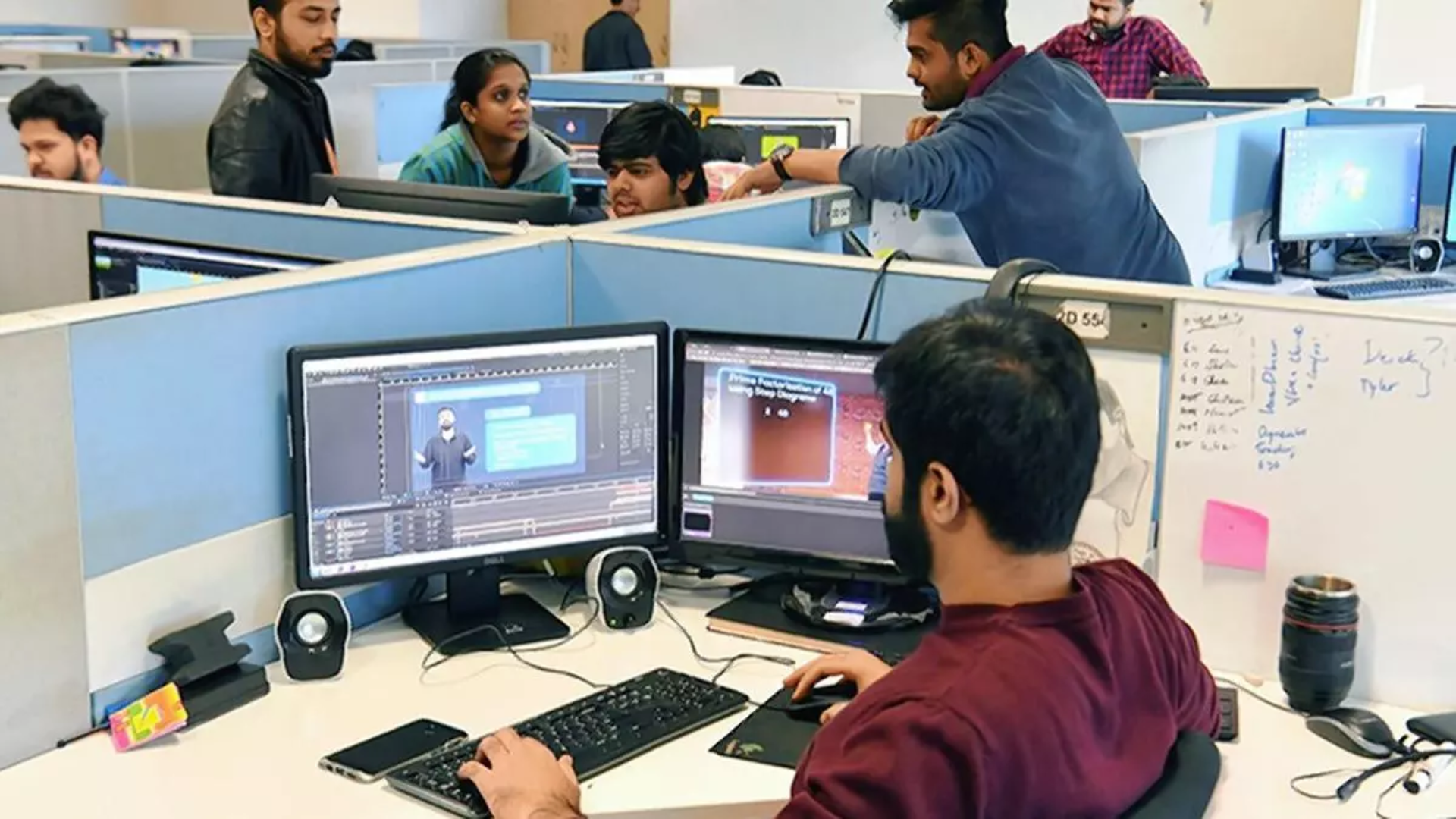Tabla virtuoso Zakir Hussain once revealed that if the tabla had not been his calling, he might have pursued a career as a jazz musician. During an engaging conversation with director Nasreen Munni Kabir and Sanjoy K Roy, Zakir reminisced about his profound relationship with music, his bond with the tabla, and the invaluable influence of his father, the legendary Ustad Alla Rakha Qureshi.
Zakir died at the age of 73 on December 15 in San Francisco.
Zakir fondly recalled how his musical journey began with his father singing tabla rhythms into his ear instead of reciting traditional prayers at his birth. This unique start laid the foundation for a lifelong connection to rhythm and music.
In the session, Zakir emphasized the significance of forming a deep bond with one’s instrument. “An instrument has its own spirit. You must build a friendship with it, and once that relationship is established, the instrument becomes a part of you,” he shared. Zakir credited his father for fostering this connection, allowing him the freedom to explore both music and life without constraints.
Freedom and the Leap of Faith For Zakir Hussain
Reflecting on his father’s supportive parenting, Zakir noted that Ustad Alla Rakha never imposed strict rules. “If I wanted to play cricket, I could. My father allowed me to practice tabla on my own terms,” he said, attributing his mastery to this nurturing approach. Zakir also emphasized the need for faith in the art world: “To succeed in art, you must take a leap of faith and trust the spirit it provides.”
Zakir shared his admiration for jazz, noting its shared spontaneity with Indian classical music. “Jazz and Indian classical are both rooted in improvisation and creativity,” he explained. He revealed that his father introduced him to jazz through records by artists like Miles Davis, sparking his lifelong love for the genre.
Zakir recounted his first jam session with jazz legend Miles Davis: “I was trying so hard to impress him that I overplayed. He came up to me and said, ‘Too many notes!’ That was when I learned that less is more. It’s the same with Indian classical music—to express the essence of your life in just one phrase.”
Zakir Hussain’s Diverse Musical Influences
Zakir reflected on the cultural harmony of his upbringing, which blended various traditions. “From 3 to 6 am, I practiced slokas with my father. Then, I went to the madrassa to study the Quran. Later, I crossed the street to St. Michael’s Church to listen to hymns. Those experiences taught me that no single path holds all the truth,” he said, highlighting the inclusive and open-minded atmosphere of his formative years.
Zakir underscored the freedom and unity that art fosters. “The boundaries of art have been broken down. It doesn’t matter what the world is doing; art brings positivity and unites us,” he said. For Zakir, the essence of creativity lies in embracing the spirit of music and expressing it freely.
Zakir Hussain’s reflections serve as a testament to his genius and his unwavering belief in the power of rhythm, unity, and artistic freedom.



















